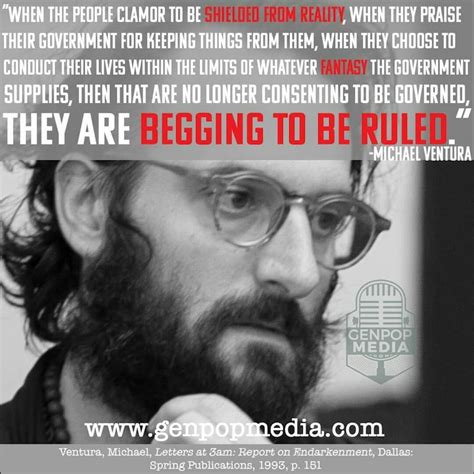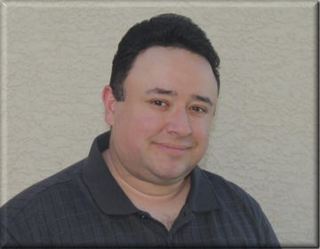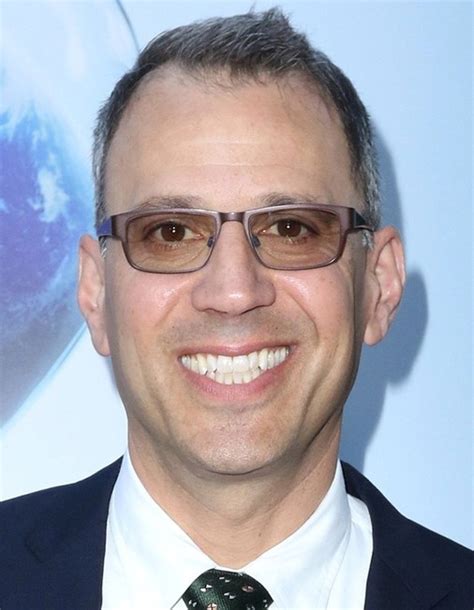A Quote by Sherwood Anderson
Most people are afraid to trust their imaginations and the artist is not.
Related Quotes
The artist usually sets out -- or used to -- to point a moral and adorn a tale. The tale, however, points the other way, as a rule. Two blankly opposing morals, the artist's and the tale's. Never trust the artist. Trust the tale. The proper functions of a critic is to save the tale from the artist who created it.
I always thought Cyrano De Bergerac was a coward. He could fight a hundred swordsmen, but he was afraid of his nose, and he was afraid of Roxanne. Jam as cowardly as anybody about facing my fears. So, you spend your you years as an artist fighting those hundred people that you happen not to fear. Then you wake up one morning and realize all this time you're afraid of your nose. That's what you're going to have to face for the rest of your life. And you don't feel very courageous. But, if you don't face it, you dry up as an artist.
We're just afraid, period. Our fear is free-floating. We're afraid this isn't the right relationship or we're afraid it is. We're afraid they won't like us or we're afraid they will. We're afraid of failure or we're afraid of success. We're afraid of dying young or we're afraid of growing old. We're more afraid of life than we are of death.
Most of the people I've been fortunate enough to work with all share the same passion for creativity, for ingenuity, for playing make-believe and really just having fun. It doesn't matter if we're blowing up cars, or shooting an emotional scene in a police station, deep inside we all know our imaginations are at work, and our imaginations are manifesting into reality - at least momentarily for the cameras to capture.
It is really very important while you are young to live in an environment in which there is no fear. Most of us, as we grow older, become frightened; we are afraid of living, afraid of losing a job, afraid of tradition, afraid of what the neighbours, or what the wife or husband would say, afraid of death.






































